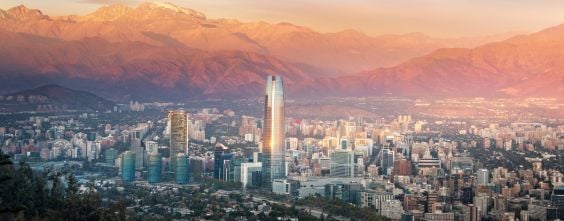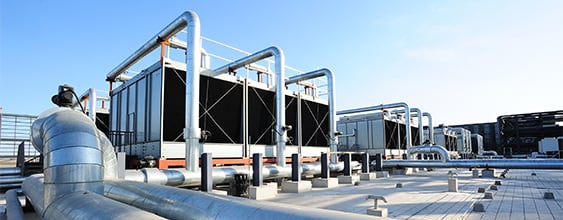This guest Q&A with Claire Mack is part of WSP’s energy economies campaign.
What milestones are important for your member companies as they move towards net zero?
There are a number of milestones based around government targets, which are really important. In Scotland, two of them are slightly different: we have a target of a 75% reduction in carbon emissions by 2030, which is very challenging, and our net zero target is 2045 – five years earlier than the rest of the UK. That was because Scotland has a unique set of natural resources that we can call on to get to net zero a little quicker.
Beyond that, a number of key targets will come into play in the 2030s, for instance the electrification of new cars, vans, boiler replacements and homes. By 2035, our electricity supply will be 100% low carbon. And by 2040, all new heavy goods vehicles should be zero emission, and things like aviation and industry will also be running at or very close to net zero emissions by 2050.
We are in a good space with government in terms of the Contracts for Difference process, but the challenge is going to be deployment and delivery. Actually getting it out there – not necessarily the finance and the funding of it. It is about making sure that your public infrastructure, your planning systems, your consenting systems and your grids are ready to take that massive upswing in generation.
Which renewable source do you think will have the biggest impact on employment and prosperity?
It has to be in wind, because we have one of the world’s biggest areas of seabed leased for offshore wind. The input in there between fixed and floating is interesting, but it will be offshore wind. There are a lot of onshore wind farms in Scotland as well, but in terms of gigawatts, it is offshore wind.
We also know that the employment is well paid. We've got gross pay per employee of £89,000, compared to the average in the Scottish economy of £50,000. And we know that they are exportable jobs, in the same way that oil and gas companies have taken skills from Scotland and deployed them all over the world.
Are there any areas where the government could offer more support?
Both the UK and Scottish governments obviously have a lot of ambition. The delivery part of this relies heavily on change and in regulatory thinking, and that is about enabling companies to invest in physical infrastructure.
We are in a position of low- or no-regrets investment in grid infrastructure at the moment, because we know we are going to need so much more of it. And yet we are still stuck in a five-year regulatory cycle where anticipatory investment is hard. With the current targets in place it would be very hard to make a bad investment in physical infrastructure right now – because the demand is going to increase so much, and the resources we have are so high.
But we need to make sure the financial and charging infrastructure incentivises the right things. For example, the way some of the charging works, it disincentivises generation in the far north of the country, which is crazy because that is where some of the best resource is. The regulatory system was designed a long time ago, so it really needs a complete overhaul.
We also need to be looking at the local level, because the real enabler for onshore renewable technologies is local authorities and planning committees. And they are not signed up to net zero targets in the same way, which is reflected in decision-making.
At a local level it is easy to think that it should go in someone else's backyard and not your own, and we really need to move away from that kind of thinking. So it is not just about regulatory change – it is a mindset change too: making sure everyone understands their part in a wider, cumulative effort to get us to net zero.
Looking at current discussions about energy security, do you expect to see a bigger push for renewables? Or do you think we will continue to see interest in oil and gas in the North Sea?
We were never talking about switching from oil and gas in the North Sea overnight – that was always going to take a decade or longer. Do I think the current situation pushes renewables? Yes, I do. It highlights the need for consumers to have an energy system that is based on less volatility.
What we are seeing right now is that volatility playing out in the gas price, and it is affecting every single household in Scotland and the rest of the UK. All of a sudden, the dial has shifted and more and more people have been thrown into energy poverty. So moving us more quickly to energy sources that are less economically volatile is an obvious conclusion to come from the current issues around gas.
Would that affect foreign direct investment in Scotland?
I think it will continue. Foreign direct investment is really important for government’s balance sheet, and it’s important for our place in the world to be engaged internationally.
These projects are huge. And they are risky, so multiple partners coming from different places in the world with different risk appetites is a good thing. It will continue just because of the sheer size and scale of these projects and the attractiveness of the UK energy market as an investment.
Another point that we should not overlook is the industrial and economic opportunity within Scotland right now. Without a doubt, there is no other sector with that kind of money sitting on the table, waiting to be used for growth and development in one place, which is Scotland. Government and industry now need to be very clear about how that money gets invested, because the scale of this opportunity is unprecedented.
Want to find out more about delivering local economic growth as part of the energy transition, visit: www.wsp.com/energyeconomiesuk














